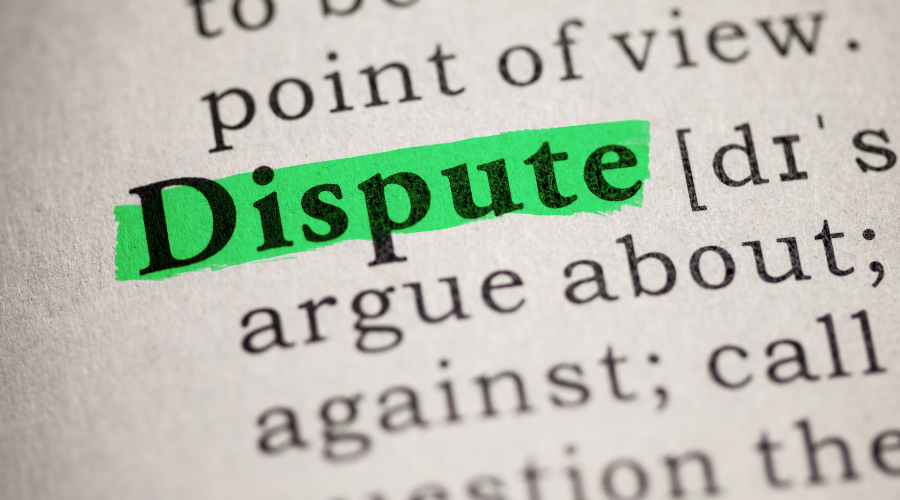Introduction
In commercial agreements, it is common for contracts to include a “whole agreement” clause, intended to capture the entire understanding between the parties. Such clauses, together with the parol evidence rule, play a significant role in limiting the scope for introducing prior or contradictory oral agreements that may alter or vary the written terms. This article explores the interplay between whole agreement clauses, the parol evidence rule, and the conditions under which exceptions may be made, referencing key case law and legal principles.
Whole Agreement Clause and Its Purpose
A whole agreement clause provides that the written contract reflects the final and complete agreement between the parties. As a result, any prior discussions, representations, or agreements that are not included in the document are excluded from consideration. This ensures that no party can later claim that terms outside of the written contract should have legal effect.
Rule 18 of the Uniform Rules of Court and Pleading Particulars
In South African law, Rule 18(4) of the Uniform Rules of Court mandates that pleadings must be detailed enough to sustain a cause of action. A failure to do so could result in an exception—a legal objection to the claim under Rule 23. Furthermore, Rule 18(6) specifies that when pleading a breach of contract, the plaintiff must clearly state whether the contract is written or oral, when and where it was concluded, and attach a copy of the written agreement.
A plaintiff may find themselves barred from introducing evidence of an oral agreement if it contradicts a whole agreement clause and breaches the parol evidence rule. This raises the question of how to proceed if the agreement was partly oral and partly written.
The Parol Evidence Rule: Limits on Oral Agreements
The parol evidence rule operates under the principle that when a written contract is intended to be the final agreement between parties, no extrinsic evidence may be admitted to alter, contradict, or add to its terms. This rule serves two functions:
1. Integration Rule: Prevents parties from introducing oral or other external evidence that changes the written agreement.
2. Interpretation Rule: Limits the admissibility of external evidence to interpret the contract unless the written terms are ambiguous.
In practical terms, an oral agreement that contradicts the written terms is generally inadmissible unless rectification is sought to correct an alleged drafting error.
Case Law: M&J Da Costa Brothers (Pty) Ltd v Karan
The recent unreported case M&J Da Costa Brothers (Pty) Ltd and Another v Karan highlights the application of the parol evidence rule and whole agreement clause. In this case, the plaintiffs relied on an oral agreement that allegedly modified a written sale agreement between the parties. The written agreement included a whole agreement clause, stating that no terms outside the written contract would bind the parties unless reduced to writing.
Despite the plaintiffs’ claims that the oral agreement provided for additional terms during the interim period, the court found that the oral terms contradicted the written contract. Specifically, the written agreement already covered the interim period, and any attempt to vary the written terms with oral agreements was rejected by the court. The defendant successfully excepted to the plaintiff’s particulars of claim.
Rectification as an Equitable Remedy
In cases where the written contract does not reflect the true intention of the parties, rectification can be sought. This remedy allows the court to correct the written agreement to align with the actual agreement between the parties. However, without pursuing this remedy, evidence of oral agreements that contradict a written agreement will generally be inadmissible.
Conclusion
Whole agreement clauses and the parol evidence rule are powerful tools that safeguard the integrity of written contracts by excluding extrinsic evidence that may alter their terms. The M&J Da Costa Brothers case illustrates the importance of ensuring that all agreed terms are properly documented in writing, as relying on oral agreements may lead to the rejection of claims. Parties should always seek to include any potential changes in writing to avoid legal disputes and costly litigation. If the written contract fails to reflect the true agreement, rectification remains the appropriate legal remedy to correct the contract’s terms.
For further assistance, consult an attorney at SchoemanLaw.


Recent Comments